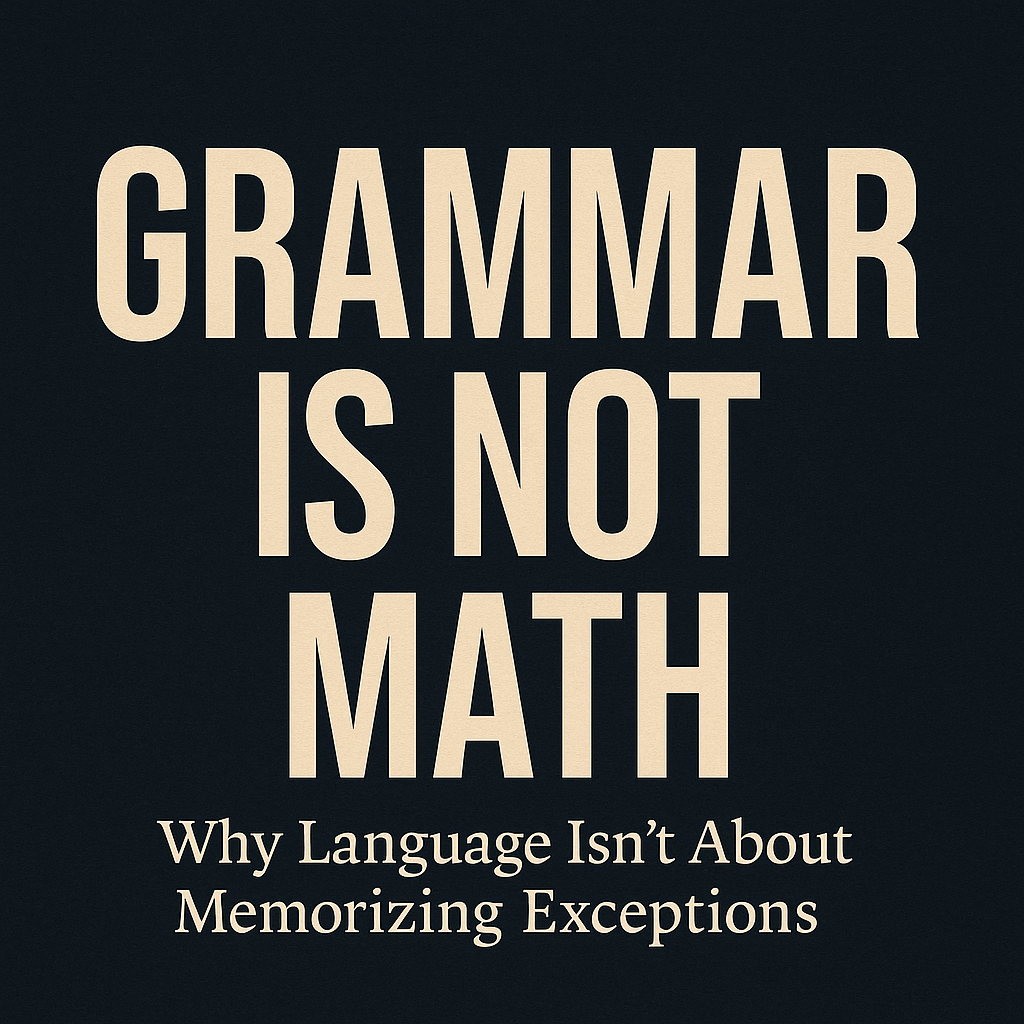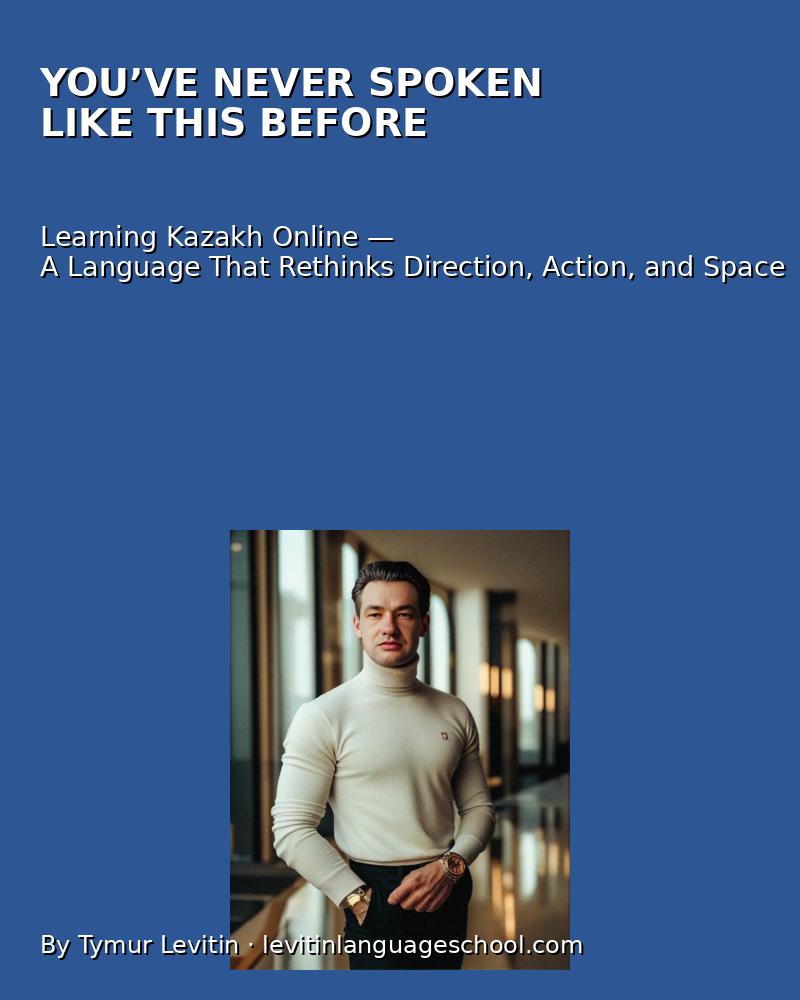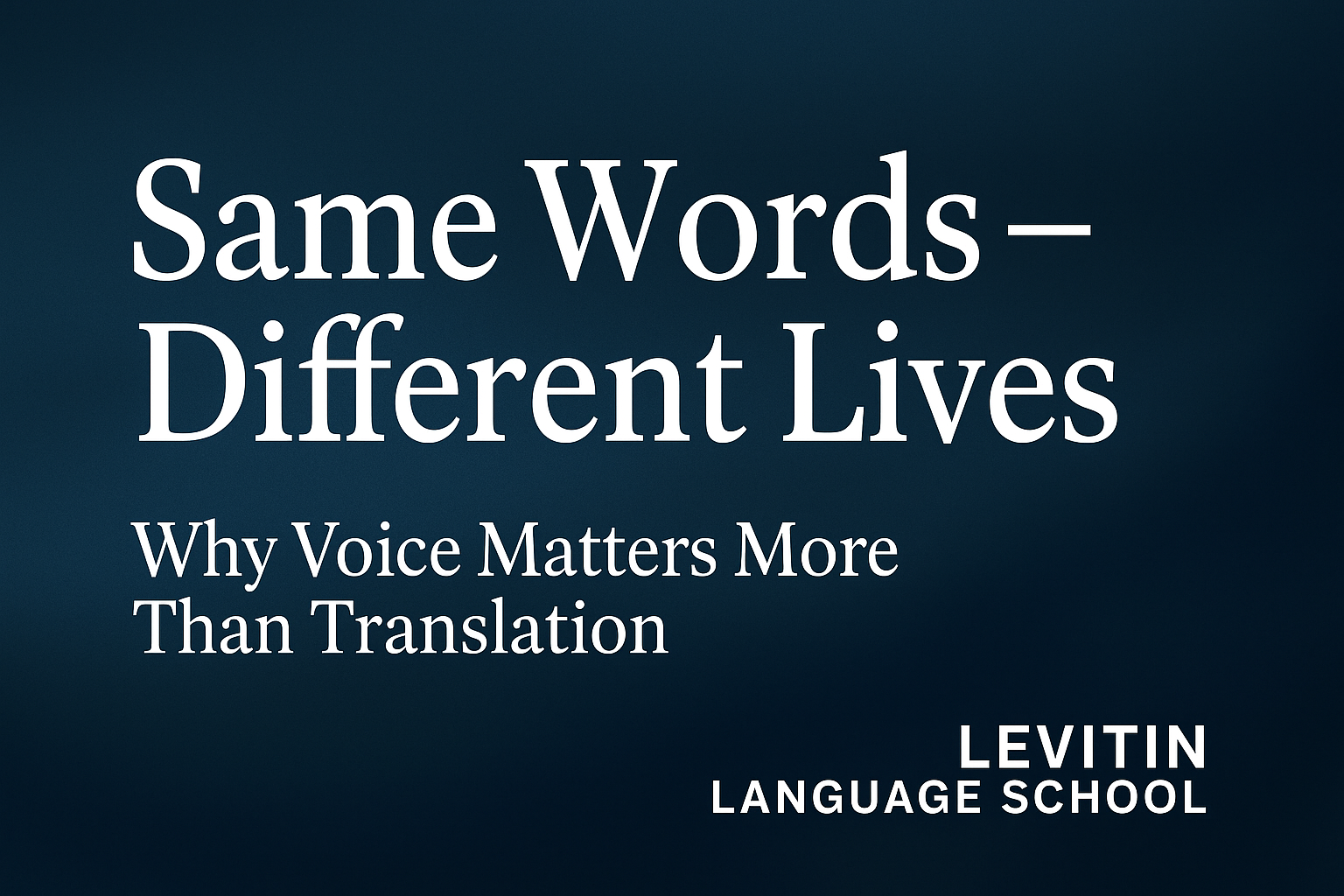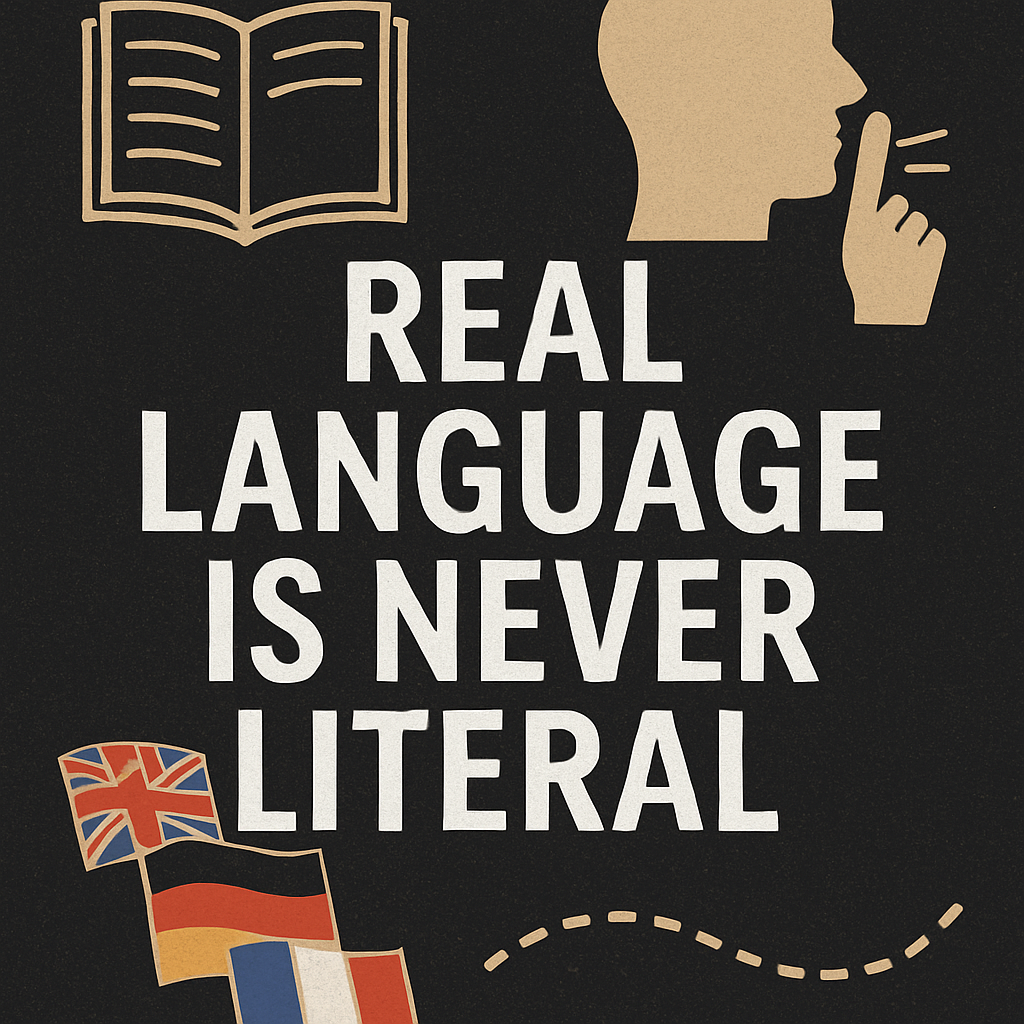The Trap of “What?” — One Question Leads Nowhere
You ask a student:
“What’s the object in this sentence?”
They hesitate.
Because what? can mean many things in German:
- Was? — Is it nominative? Accusative?
- Wen? — Whom exactly?
- Wessen? — Whose?
One question alone leaves you guessing.
It doesn’t reveal how the sentence really works.
Grammar Is Not About Forms — It’s About Relationships
Words don’t stand alone.
They connect.
They depend on each other — just like people in real life.
To know how a word behaves — its case, its form, its place — you need to understand:
- What it relates to
- What role it plays
- What comes before and after
And to do that, you need more than one question.
The Two-Question Method
Let’s take a simple sentence:
Der Junge gibt dem Hund den Ball.
The boy gives the ball to the dog.
Now ask:
- Who gives? → Der Junge → Nominative
- Gives what? → den Ball → Accusative
- Gives to whom? → dem Hund → Dative
That’s how it clicks.
One link leads to another.
One question clarifies — the next confirms.
From Cases to Meaning: Hero, Object, Receiver
Forget case labels for a moment.
Think in roles:
- Who is acting? → Герой
- What is being given or moved? → Объект
- Who receives or benefits? → Receiver
When you think this way, grammar becomes intuitive.
You’re not memorizing — you’re understanding.
That’s how language was meant to be learned.
How We Teach Grammar That Actually Works
At Levitin Language School, we use the Two-Question Method every day.
It helps students stop guessing and start thinking like speakers — not textbook solvers.
We don’t train memory.
We train awareness.
Meet our German instructors
Выберите язык
Written by Tymur Levitin — founder, director, and lead instructor at Levitin Language School / Start Language School by Tymur Levitin.
We teach language through meaning — not memorization.
Because every sentence has a logic worth discovering.
© Тимур Левитин
More from this series
























